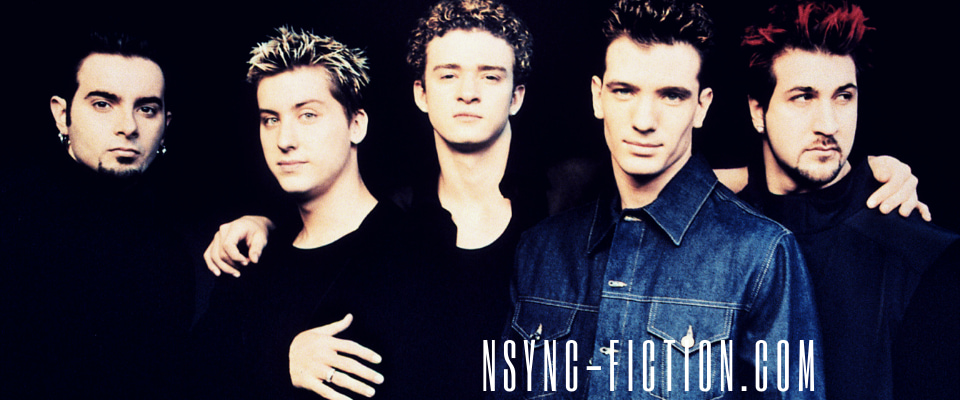Sorry for the delay everyone! Here is Week 4!
Here are a few ideas on what makes good dialogue work:
1. Good dialogue is not weighed down by exposition
When the dialogue is carrying exposition and trying to tell the reader too much, characters end up saying a lot of very unnatural and unwieldy things. You'll see things like:
"Remember that time we stole the frog from Miss Jenkins and she ended up giving us two hours of detention and that's how we met?"
"Yeah, totally! And now we're in 6th Grade and have to dissect frogs for our science project, which is due tomorrow. I don't know how we're going to get it finished in time."
So much of this dialogue would already be already apparent to the characters. They'd know how they met without having to talk about it, they'd know they're in 6th grade without having to talk about it, they'd know the science project is due without talking about it. So it's very clear to the reader that they're not talking to each other: they're really talking to the reader.
Exposition and dialogue only really mesh when one character genuinely doesn't know what the other character is telling them and it's natural for them to explain at the moment they're explaining it. Otherwise, if you're just trying to smush in info, your reader is going to spot it a mile away.
2. Good dialogue has a purpose and builds toward something.
Sometimes you'll see characters in novels bantering back and forth in a way that is meant to reveal character or fill space. Unless it's just so insanely unbelievably clever that the writer makes it work, usually this feels hollow and, well, boring.
A good conversation is an escalation. The dialogue is about something and builds toward something. If things stay even and neutral, the dialogue just feels empty.
Characters in a novel never just talk. There's always more to it.
3. Good dialogue evokes the way people actually talk in real life without actually sounding precisely like the way people talk in real life.
Paraphrasing Elmore Leonard, good writers leave out the boring parts. This goes doubly for dialogue: it's usually best to cut to the chase rather than spending time on the pleasantries that normal people use in everyday conversation.
In real life our conversations wander around all over the place, and a transcribed real life conversation is a meandering mess of free association and stutters. In a novel, a good conversation is focused and has a point.
And in a novel, dialect, slang, and voice is used sparingly. Just a hint of flavor is enough. As my client Jennifer Hubbard wrote, "good dialogue sounds like conversation, but is not an exact reproduction of conversation."
4. Good dialogue reveals personality, and characters only very rarely say precisely what they are thinking.
Human beings are not very articulate creatures. Despite all the words at our disposal, words tend to fail us at key moments, and even when we know what we want to say we spend a whole lot of time trying to describe and articulate what we feel without being quite able to do it properly. We misunderstand, overemphasize, underemphasize, grasp at what we mean, and conversations go astray. So when two characters go back and forth explaining precisely what they are feeling or thinking to each other, it doesn't seem remotely real.
Good dialogue is instead comprised of attempts at articulation. There's a whole lot that is kept back, because we humans only rarely really truly put our true feelings out there.
Now, this shouldn't be taken too far and a conversation shouldn't be an endless string of misunderstandings (unless you're Samuel Beckett), but the way in which characters express their feelings and how they articulate what they're feeling is one of the most important ways of revealing character. Are they reserved? Boisterous? Do they bluster? Hold back?
Characters who say exactly what they mean are generic. Characters who talk around their emotions and objectives are much more interesting.
5. Good dialogue goes easy on the exclamations and exhortations.
When a character overuses "Ughs" and "Blechs" they can easily sound petulant. When they overuse exclamations, they can exhaust the reader with their excitability. When they overuse verbal tics and crutches, they can drive the reader crazy.
Interjections and grunts are kind of like carpet cleaning concentrate. They must be diluted or you'll burn a hole in the floor.
6. Good dialogue is boosted by dialogue tags, gestures, and action, so the reader can easily follow who is saying what.
Poor maligned dialogue tags!!! Out there on the Internet it has lately become trendy for people to advocate stripping books of dialogue tags so that the person who is speaking is solely apparent through gestures and context.
This is overkill. Get behind me, dialogue tags, I will defend you until the end!
As long as you mainly stick to said and asked, your reader won't notice they're there, and they'll be way better able to track who is saying what. Yes, don't overdo dialogue tags and look for ways to add meaningful gesture and action to back and forths, but don't throw the baby out with the bathwater.
The key on the gesture and action is not to simply use it to break up the dialogue for pacing purposes, but to actually make it meaningful, which is hard to do.
7. Good dialogue is unexpected.
There's nothing worse than reading a stretch of dialogue where the characters are saying precisely what we think they're going to say.
The best dialogue counters our expectations and surprises us.
"Vladimir Putin!"
--Courtney on Nov 24, 2014 06:17 pm 0 Comments
